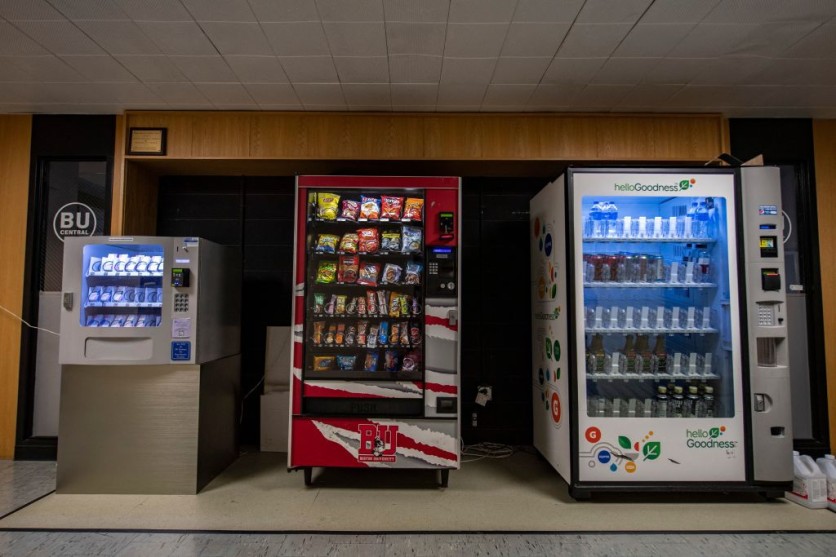The US Food and Drug Administration (FDA) recommended eliminating brominated vegetable oil (BVO), a prevalent component in fruity fizzy drinks and sports drinks. This ban proposal follows growing concerns about the health risks of BVO in food and beverages.
The FDA says the BVO ban results from research conducted with the National Institutes of Health, showing that consuming BVO could harm human health. One of BVO's key health risks is its potential toxicity to the thyroid, a crucial gland accountable for regulating blood pressure, heart rhythm, and metabolism. Plus, earlier research has indicated that people who consume products with BVO could face neurological problems, liver damage, and cardiac issues.

FDA: BVO Not Safe for Consumption
"Based on these data and the remaining unresolved safety questions, the FDA can no longer conclude that the use of BVO in food is safe," the FDA said in a statement made public on Thursday, as per NBC News.
To prevent citrus taste separation, the FDA has allowed BVO in beverages like Gatorade and Mountain Dew. Coca-Cola and Pepsi have replaced BVO with alternative ingredients due to health concerns.
BVO is still present in several smaller grocery store brands and regional beverages, such as some Great Value drinks and Sun Drop, notwithstanding this shift by bigger corporations.
The independent consumer advocacy group Center for Science in the Public Interest has expressed concerns about BVO's potential health effects. According to USA Today, the organization said that BVO may build up in organs such as the liver, brain, and other vital organs and leave residues in body fat. The agency also claims that BVO may be transferred from a nursing mother to her nursing kid via her milk, causing heart lesions, fatty liver changes, and stunted growth and behavior.
Taking Action on Other Harmful Food Ingredients
The FDA accepts public comments on the proposed regulation until January 17, 2024. The European Union and Japan have prohibited BVO in food and drinks, indicating worldwide safety concerns.
Interestingly, in 1970, the FDA removed BVO from its "Generally Recognized as Safe and Effective" list due to concerns regarding side effects. The EPA still permitted the "interim" use of BVO in goods despite this removal.
The FDA intends to give beverage manufacturers a year to rebrand or reformulate their drinks before enforcing its proposed BVO ban, should it be approved.
The FDA has started reevaluating the possible cancer risk linked to red dye No. 3, a synthetic food coloring, in addition to BVO. Notably, California Governor Gavin Newsom approved legislation this month that banned the production and distribution of four chemicals-including that might be found in up to 12,000 food items, per Deseret News.

ⓒ 2026 TECHTIMES.com All rights reserved. Do not reproduce without permission.




